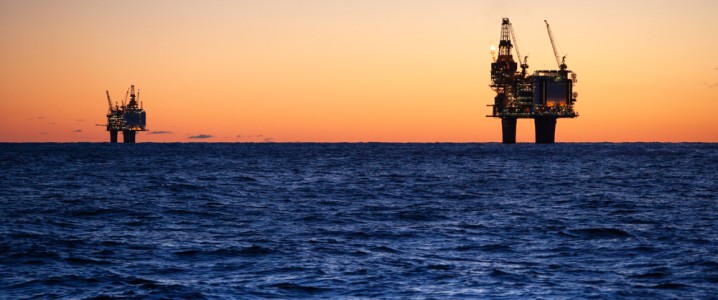UK Offshore Oil and Gas Industry Says Standoff With Government Is Over

The UK offshore oil and gas industry says that the recent “standoff” with the government over tax policies is over, even as the Labour cabinet proceeded, as planned, with a tax hike that further raised the fiscal burden on the sector.
Earlier this week, the UK’s Chancellor of the Exchequer, Rachel Reeves, unveiled her first budget for the Labour government.
In the Autumn Statement on Wednesday, Reeves confirmed that the windfall tax on UK North Sea operators, officially known as the Energy Profits Levy (EPL), is rising to 38% from 35%, effective November 1, 2024. The tax will now expire on 31 March 2030, a year later than the previous tax regime. The government is also removing the 29% investment allowance.
However, it is maintaining the 100% first-year allowances and the decarbonization allowances, “to ensure the oil and gas industry can protect jobs and support our energy security,” the Chancellor said.
Offshore Energies UK, the leading trade body, said in a response to the tax hike that “with an increase in tax despite commodity prices at recent lows, there is no hiding that this is a difficult day for the sector.”
However, OEUK’s CEO David Whitehouse said “We welcome that the government will consult in early 2025 on how the oil and gas tax regime can encourage investment and respond to changes in the oil price.”
OEUK’s sustainability and policy director, Mike Tholen, told The Scotsman that the prospect of a dialogue is a positive step toward more constructive government-business talks regarding the UK’s energy sector.
“We've moved to a point where probably there was a standoff, to one where people are engaged and talking and trying to think about how we actually make this all work,” Tholen told The Scotsman.
Oil and gas companies operating in the UK North Sea have been calling for certainty in the regulatory and tax framework. Recent changes in policies and the rising taxes have driven away operators, who say that a lack of North Sea investments would only make the UK more dependent on oil and gas imports.




